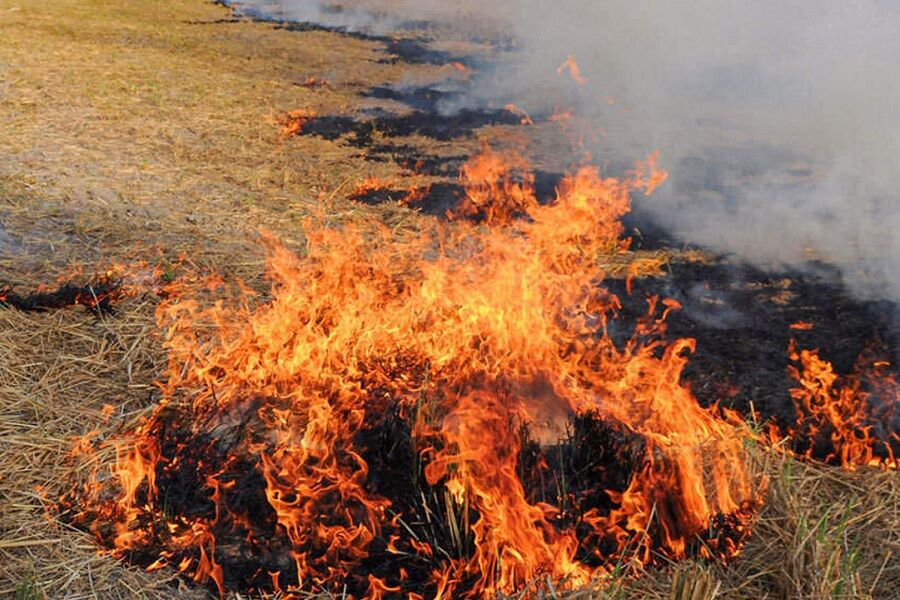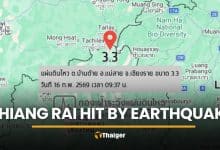Thailand battles rising PM2.5 levels, Bangkok breathes easier

Northeastern Thailand is currently grappling with hazardous levels of PM2.5, surpassing the standard values and affecting public health, while Bangkok enjoys relatively clear skies.
Northeastern Thailand is currently enveloped in a haze of fine particulate matter, with PM2.5 levels exceeding the safety standards in 40 provinces. This has placed the health of millions at risk, particularly affecting the respiratory system. Data from the morning of today showed that Bangkok, in stark contrast, recorded good to very good air quality across many districts.
The Ministry of Higher Education, Science, Research and Innovation (MHESI), through its Geo-Informatics and Space Technology Development Agency (GISTDA), in collaboration with the National Research Council of Thailand, the Pollution Control Department, Kasetsart University, and Chiang Mai University, has been closely monitoring the situation. This team of experts has been employing satellite data, accessible through the Dust Check application, to provide real-time updates on the PM2.5 situation.
The top five provinces in the northeast with critical PM2.5 levels include Amnat Charoen, with a reading of 93.9 micrograms per cubic metre, followed by Mukdahan at 88.8, Nakhon Phanom at 88.4, Yasothon at 83.2, and Nong Khai at 82. Sukhothai also recorded a high level of 75.5 microgrammes per cubic meter. Meanwhile, another 34 provinces are experiencing air quality that could potentially impact health.
In Bangkok, areas such as Bang Kho Laem, Rat Burana, Watthana, Thon Buri, Khlong San, Yan Nawa, Samphanthawong, Phasi Charoen, Din Daeng, Lat Phrao, and Chom Thong have been fortunate to record PM2.5 levels within the good to very good range in the morning. However, the Dust Check app predicts that several areas might experience moderate air quality levels, indicated by an orange rating, over the next three hours. This forecast particularly applies to the northern and northeastern regions of the country.
The Dust Check application utilises satellite technology coupled with Artificial Intelligence (AI) to analyse hourly PM2.5 levels across Thailand. This is supplemented by ground measurements from the Pollution Control Department, data from the Thai Meteorological Department, and other sources such as hotspot detection. The app presents this data in a user-friendly manner, using numerical values and a colour-coded system to simplify the understanding of the air quality situation.
Necessary precautions
Public health authorities advise citizens to wear masks at all times when outdoors to mitigate the potential adverse health effects, especially respiratory illnesses. Updated hourly PM2.5 information can be accessed through the Dust Check application, helping residents stay informed and take necessary precautions, reported KhaoSod.
Latest Thailand News
Follow The Thaiger on Google News:


























